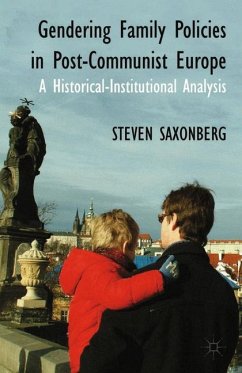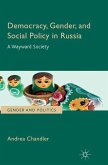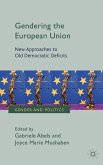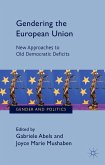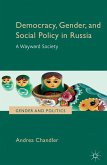Through the use of a historical-institutional perspective and with particular reference to the Czech Republic, Hungary, Poland and Slovakia; this study explores the state of family policies in Post-Communist Europe. It analyzes how these policies have developed and examines their impact on gender relations for the countries mentioned.
This is an empirically rich and thoughtful account of the recent and less recent history of family policies in four Central European countries as well as three traditionally capitalist societies as points of comparison. In this engaging historical-institutional analysis of the dynamics of post-communist welfare states, a first in this field, Saxonberg stresses the importance of historical trajectories and the cultural/ideological context in shaping social policy. The contentious connections among family policies, women's rights, nationalist sentiments and democracy also emerge from the discussion.
- Eva Fodor, Department of Gender Studies, Central European University, Hungary
- Eva Fodor, Department of Gender Studies, Central European University, Hungary

